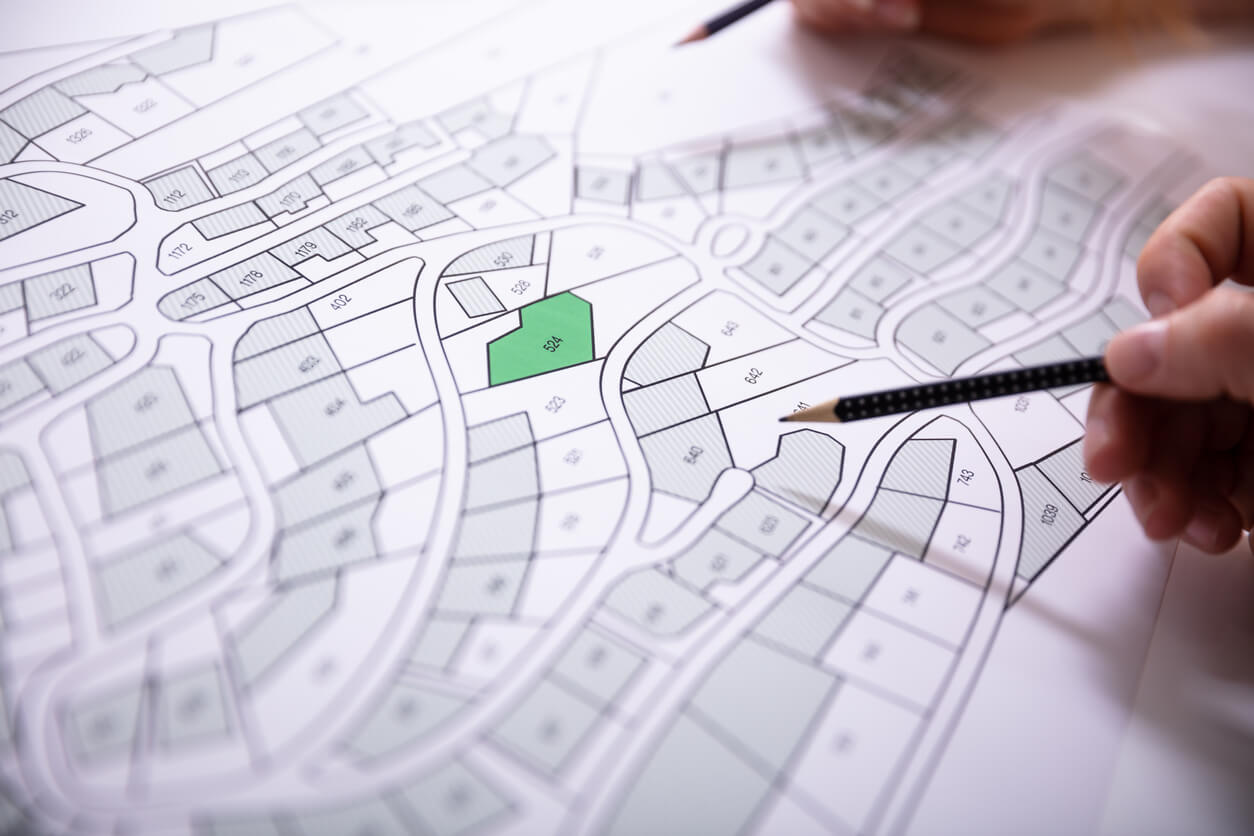Property development feasibility is the term used when property developers discuss whether a project is viable; worth the time, effort, and financial investment required in order to ensure a successful build. A feasibility study is a cost-benefit analysis, which determines the likelihood of success based on an objective approach. With so many variables to account for, it is essential to consider these factors before you go ahead and start your property development project. Feasibility hinges on economic, technical, demographic, legal, and competitive factors.
Why Conduct a Property Feasibility Study?
With a thorough property development feasibility study, you can weigh up the pros and cons, identify risks and opportunities, and see where you can maximise profit in your execution of the project. Without conducting a property development feasibility study, the risks of the project increase dramatically. Essentially, property developers would be winging it based on their emotions and what they think they know. It’s dangerous considering one person cannot know everything. Even seasoned property developers need to conduct their due diligence and do so with the help of others where necessary.
What Does a Feasibility Study Involve?
Property feasibility studies are rooted in more than finances. Before you cut the first check, you will be researching the property itself. With Archistar, you can pull a full report on a site to determine a range of factors which will make or break the deal.
Ask yourself:
- What does this site lend itself to?
- How is it zoned?
- Are there any site restrictions?
- What rules and regulations does the local council have in place?
- Is the site a fire or flood risk?
- Is it a heritage site?
- How is it orientated?
- What are its dimensions?
- How is the local property market?
- Will residents want to buy property here?
Who Conducts These Studies?
As a property developer, the weight of a feasibility report does rest on your shoulders, but you will need help. Each section of an in-depth property development report rests on the details given by various contributors to the project.
You will need advice, facts and figures from:
- Real estate agents
- Banks or financiers
- Lawyers
- Builders
- Accountants
- Marketers
- Architects
- Project managers
Together these contributors will provide costs and cost estimates for:
- The property purchase price including conveyancing, and stamp of duty
- Surveying
- 2D and 3D drawings for construction and town planning purposes
- Construction
- Demolition
- Telecommunications
- Building insurance
- Contingency finance
- Sales commission
- Marketing material such as brochures and online advertising
- Interest on loans and finance
- Your expected return on investment
Property development feasibility is nothing to gloss over. With thorough preparation, property developers are better equipped to decide whether to forge ahead with a project or not. In the absence of a feasibility report, property developers open themselves and others up to risk and the potential to lose a lot of money and time.
Without such due diligence, projects could be halted at any time due to unforeseen but preventable circumstances. In such a high-risk industry, there is little room for error. You will be thankful in the end – measure twice, cut once.





![AI Housing Solutions for Permitting and Increased Housing Supply [Video]](https://www.archistar.ai/wp-content/uploads/2026/01/Dr.-Ben-Coorey-Stripe-video-1080x675.jpg)
